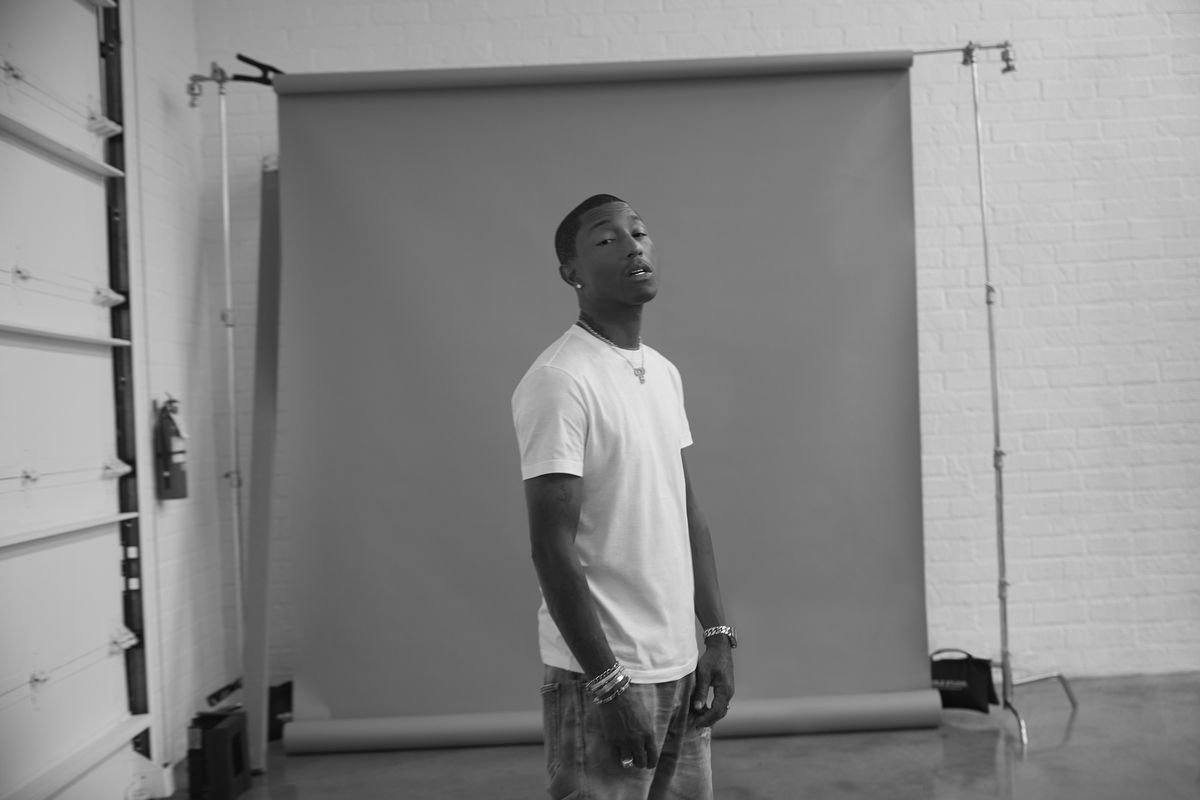Pharrell Williams, one of the most famous rappers and music producers in the world, has been awarded the most prestigious job in fashion: creative director of LVMH’s Louis Vuitton brand. The fashion industry’s response: disgust. Pharrell is not a fashion designer, nor does he have any experience, education, or background in fashion, design, textiles, or the marketing and distribution of fashion. The pinnacle job in the industry has gone to an outsider, leaving out those who have worked their way up through training. Jo Ellison, the editor of the Financial Times’s luxury magazine HTSI, wrote that “… Williams’s appointment brings…
Cancel at any time. Are you already a member? Log in here.
Want to read the full story?
Unlock this article – and everything else on The Currency – with an annual membership and receive a free Samsonite Upscape suitcase, retailing at €235, delivered to your door.

